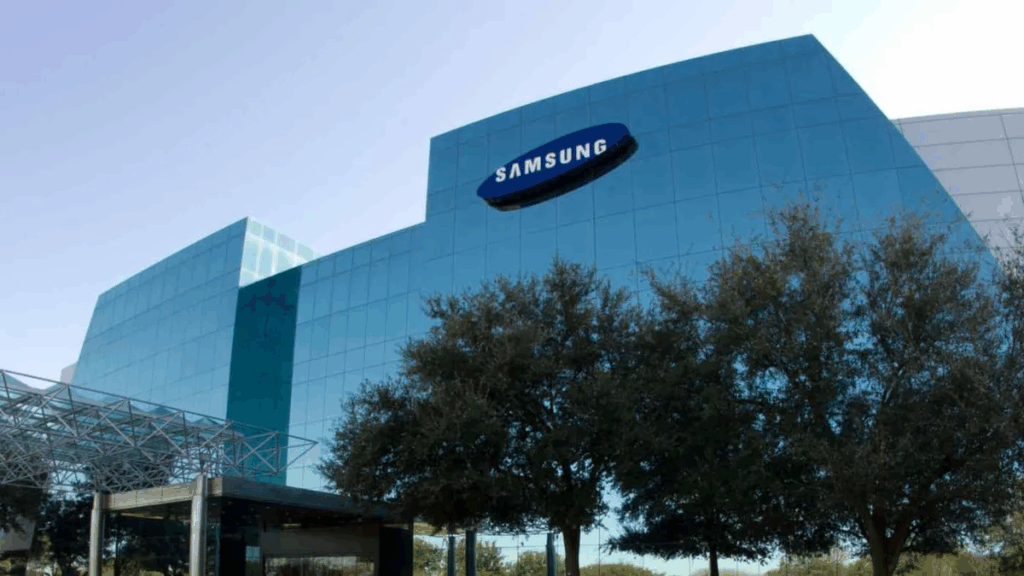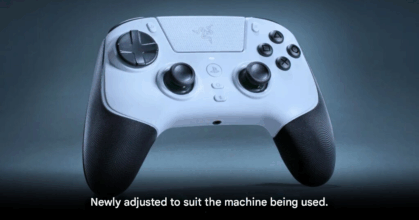Samsung and SK Hynix May Resume Chipmaking Equipment Exports to China Amid Ongoing Tech War

Samsung and SK Hynix may once again be allowed to export chipmaking machinery to their Chinese factories, only a week after their Validated End User (VEU) status was revoked, a decision that had disrupted global supply chains. The US government under Trump is now considering a new system that would simplify the process through annual pre-approvals, provided that both companies specify the exact number of machines to be shipped. While this would not fully restore the previous VEU status, it represents a significant adjustment aimed at maintaining smoother operations.
Previously, VEU status allowed Samsung and SK Hynix to export equipment to China using estimated figures. With the revocation, the companies were expected to request approval for each shipment individually, which would have greatly slowed exports and caused supply bottlenecks. The new approval framework is designed to prevent such delays, ensuring continuity in production even though it still imposes tighter oversight.

According to insiders, negotiations between Washington and South Korean industry officials are ongoing. The US remains concerned about the potential leakage of advanced technology and the risk of Chinese companies gaining access to critical semiconductor tools. To counter this, stricter data requirements have been introduced, allowing US authorities to maintain a closer watch on sensitive exports.
The news has already lifted investor sentiment. Stock prices for both Samsung and SK Hynix, which fell after the VEU revocation, began to recover as confidence returned in the companies’ ability to sustain memory production. The global market took this as a positive signal that memory chips, a cornerstone of modern technology, would remain available despite mounting geopolitical pressure.
Although Samsung and SK Hynix manufacture most of their memory chips in South Korea, their Chinese factories still play an essential role. Any disruption or delay in exports to these facilities could easily trigger shortages, driving up the cost of SSDs, RAM, and graphics cards worldwide. For consumers and industries alike, this highlights the fragility of the supply chain, where even small regulatory changes can ripple across global technology markets.
This development is part of the broader turbulence in the 2025 trade war between the US and China. The Trump administration has already taken similar steps against TSMC, revoking its special trade privileges as part of a strategy to secure leverage in global tech negotiations. These moves reflect a larger geopolitical play, where control over semiconductor technology has become as critical as control over energy or natural resources in the past.
In the bigger picture, this shift demonstrates how semiconductor manufacturing sits at the heart of the modern economy. By loosening restrictions slightly while keeping oversight intact, Washington is trying to balance national security concerns with the need to maintain stability in global markets. The outcome of this policy experiment could set the tone for future technology negotiations, with long-term consequences for supply chains, innovation, and consumer costs.
Final Thought: The tug-of-war over semiconductor equipment exports underscores the fragile balance between politics and technology. While the US aims to tighten control over advanced manufacturing tools, it cannot ignore the reality that global industries depend on steady chip production. Samsung and SK Hynix stand at the intersection of this power struggle, and their ability to keep supply chains moving will not only shape the future of the memory market but also define how far political pressure can bend technology without breaking it.






